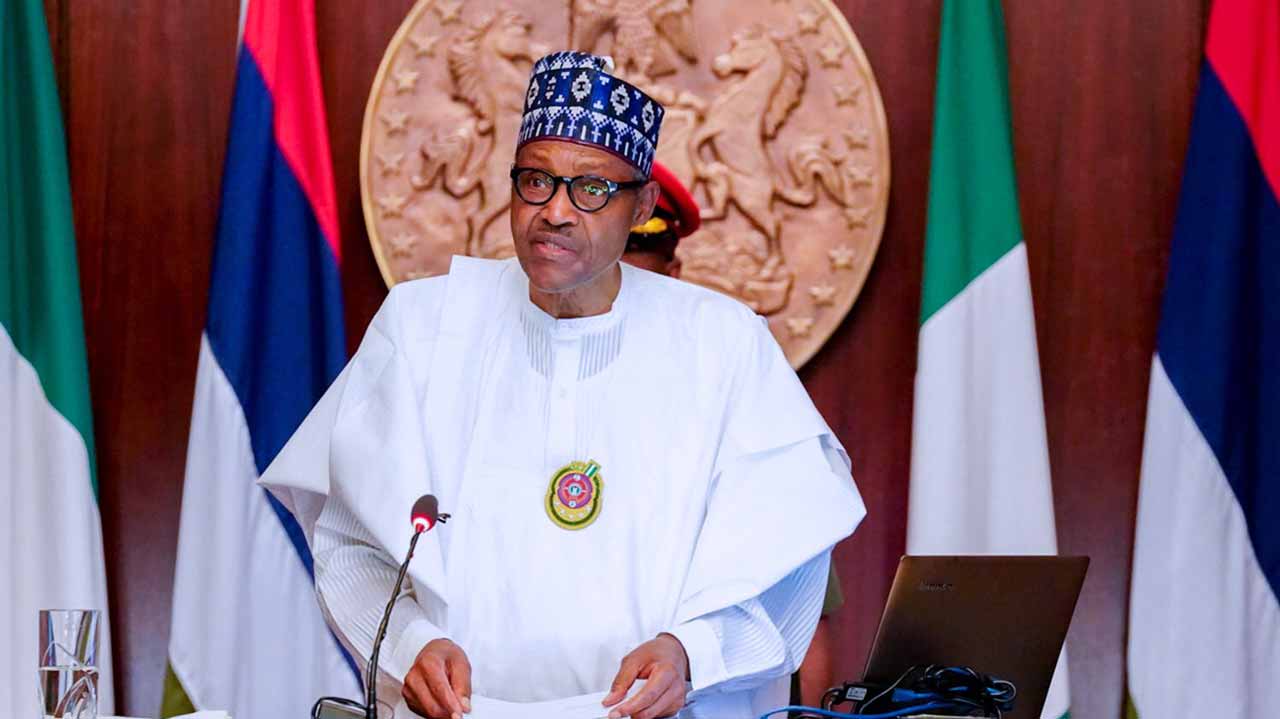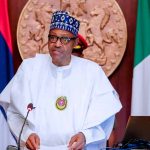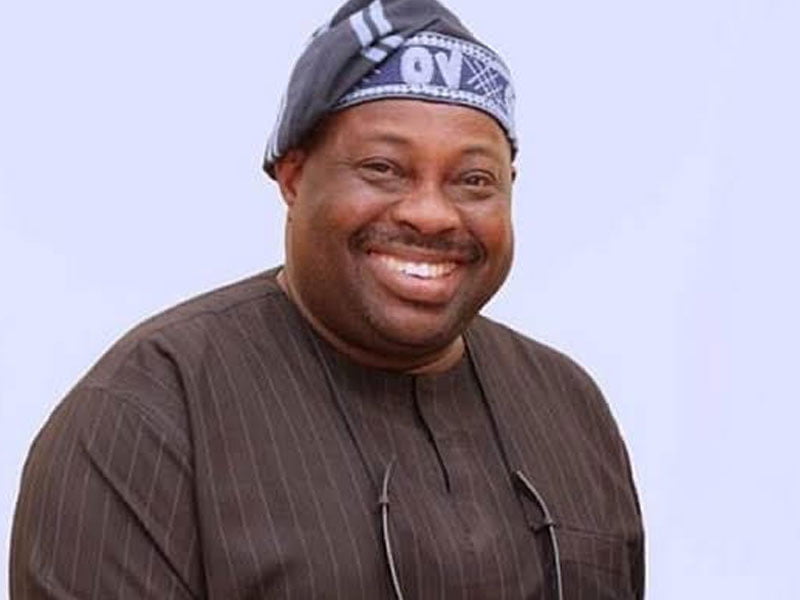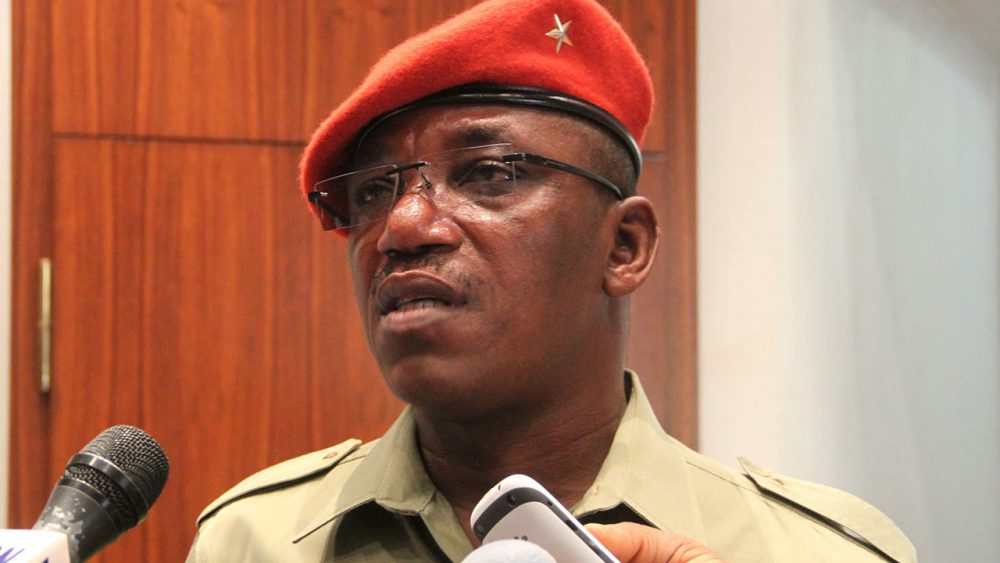President Muhammadu Buhari chaired a Council of State meeting last week, where two former governors, serving long jail terms, were pardoned. The action is a rank injudicious exercise of statecraft. The ex-governors, Messrs Joshua Dariye, a former governor of Plateau State, and Jolly Nyame, his Taraba State counterpart, were pardoned alongside 157 others convicted for various offences. The two men were investigated, prosecuted and convicted for stealing N1.16 billion and N1.6 billion respectively from their state treasuries, while they were in office between 1999 and 2007.
This was after 11 years of failed efforts to obfuscate the judicial process and subvert the course of justice. Justice Adebukola Banjoko of the Federal Capital Territory High Court found them guilty in 2018, and sentenced Dariye to 14 years and Nyame to 12 years in prison. Both sentences were, however, reduced to 12 and 10 years respectively, on appeal, by the Supreme Court.
Since the awful pardon, a broad spectrum of Nigerians has bristled with implacable rage; incensed by the Janus-like disposition of Buhari to the war against corruption. This is a man who successfully campaigned for office in 2015 on the crest of an anti-corruption crusade, alongside promises of fixing Nigeria’s existential challenges of insecurity and a troubled economy. Public angst over this bizarre pardon is encapsulated in the cynical reaction of Femi Falana, a Senior Advocate of Nigeria (SAN), who called for the release of all criminals and petty thieves in jails, since the 1999 Constitution, as amended, prescribes equal rights for all citizens, and outlaws discrimination on the basis of gender, class or creed. The apocalyptic, “All I can say is that it is finished, it is finished”, was the Nobel Laureate, Professor Wole Soyinka’s telling response. Indeed, “it is finished.” An anti-graft war that is timid in claiming scalps among the mighty, or frees them for no just reason, is dubious at best and at worst confirms the fiery Catholic cleric, Matthew Kukah’s observation that, “Only corruption is alive and well” in the country.

Aides to Mr President have doggedly defended his action, arguing that he did not pardon the ex-governors alone, as the 36 state governors, former presidents, past and present chief justices of Nigeria constitute the council that approved it. In the best of circumstances this qualifies as a red herring. In the unfortunate circumstances in which the country currently finds itself, it is an ill-considered attempt to hide behind a finger. The council could never have given its approval without recommendations from the 12-member Presidential Advisory Committee on Prerogative of Mercy empanelled by Buhari and headed by the Minister of Justice and Attorney General of the Federation, Abubakar Malami.

Without question, the Buhari regime is an epic paradox in governance. At every turn in its seven years in power, it has reminded whoever cares to listen that, “If we do not kill corruption, corruption will kill Nigeria.” But it is difficult to see how this increasingly vacuous battle cry will gain traction hereafter with the public, the Economic and Financial Crimes Commission, the Independent Corrupt Practices and Other Related Offences Commission, and even the judiciary, serially painted into corners by the government as nihilistic partners in the anti-graft campaign.

It is imperative to note that Dariye and Nyame were the only two ex-governors convicted, out of the 2007 cohort facing trial. Nigerians are riled by this reality. Other former governors on trial have effectively shielded themselves from the long arm of the law for the past 16 years through a mélange of dilatory tactics: abuse of court processes and perpetual injunctions against their either being investigated or prosecuted. These machinations account for why it took 11 years for the two ex-governors to be convicted. The EFCC is reported to have spent hundreds of million of naira in prosecuting the duo, part of it used in flying in Peter Clark, a police officer from the United Kingdom, as a star witness in the Dariye case. The cop had arrested Dariye in 2004 when he was found with £40,000 and had bought a pen for £7,000. Unfortunately, the EFCC expenditure on the case has gone down the drain, an amount that would have been otherwise spent providing basic social services to the people. Now, the anti-graft bodies have been effectively defanged by the president’s action; and to think that they will have the morale to discharge their responsibilities henceforth beggars belief.
Evidently, no country wins the anti-corruption fight with double standards. This is a fact being glossed over in Nigeria. Singapore, for instance, had to deal with the issue of corruption to a great degree of success under the leadership of Lee Kuan Yew. The iconic leader was sickened by this reality and vowed to face it squarely. He was so uncompromising that his friends and ministers were not spared either. Such was his fidelity to principles that the country’s minister of National Development, Teh Cheang Wang, killed himself in 1986, when he was caught in the act. “It is only right that I should pay the highest penalty for my mistake,” he wrote in a suicide note to Yew.
So, why were Dariye and Nyame granted pardon despite objective conditions that dictated otherwise? PREMIUM TIMES is concerned that it is because of their membership of the ruling All Progressives Congress (APC), and political expediency, as the 2023 general elections approach. This is nauseating. But it gives significance to Adams Oshiomhole’s plea to opposition party members, when he was the APC chairman, to defect so that their sins could be forgiven. This is insensate and soulless politicking, which the Buhari administration also displayed in the grass-cutting scandal that involved a former Secretary to the Government of the Federation, Babachir Lawal, a few years ago. The regime was diffident in removing him from office to face trial; it only changed tack after being corralled by the public.

Clearly, the Dariye/Nyame pardon dramatises the fact that regimes upbraid the venality of their predecessors, only for them to succumb to the same set of vices when in office. The country experienced this infamy in President Goodluck Jonathan’s 2013 pardon of his former boss, Diepreye Alamieyesigha, who was tried and convicted for money laundering for his abuse of office as governor of Bayelsa State between 1999 and 2005. Though Jonathan’s government never evinced any anti-graft messianic ardour or claim, unlike Buhari, yet Nigerians were piqued by that indiscretion. It is for this reason that Buhari’s role in this recrudescence marks a new low for his administration.

If the message has not reached the inner corridors of power in Abuja before now that treasury looters, especially politically exposed persons, are mass murderers, public fulminations that greeted the release of the two ex-governors should do just that. Funds stolen ensure that basic healthcare, good roads, potable water and education are denied the people, which have led to avoidable deaths. By the time the Transparency Corruption Perception Index ranks Nigeria further down next year from the 154 out of 180 it chalked up in February 2022, state officials accustomed to denial and being dazed should know why. Markedly, the evidence of hypocrisy in the anti-corruption war of this government is staggering, opprobrious and unacceptable.
PREMIUM TIMES urges civil society and its representatives and all Nigerians of good conscience to rise with urgency and courage and resist this madness that has been so unconscionably exhibited by Buhari and his cohort, who have been so reckless in their mismanagement of Nigeria.





2 Comments